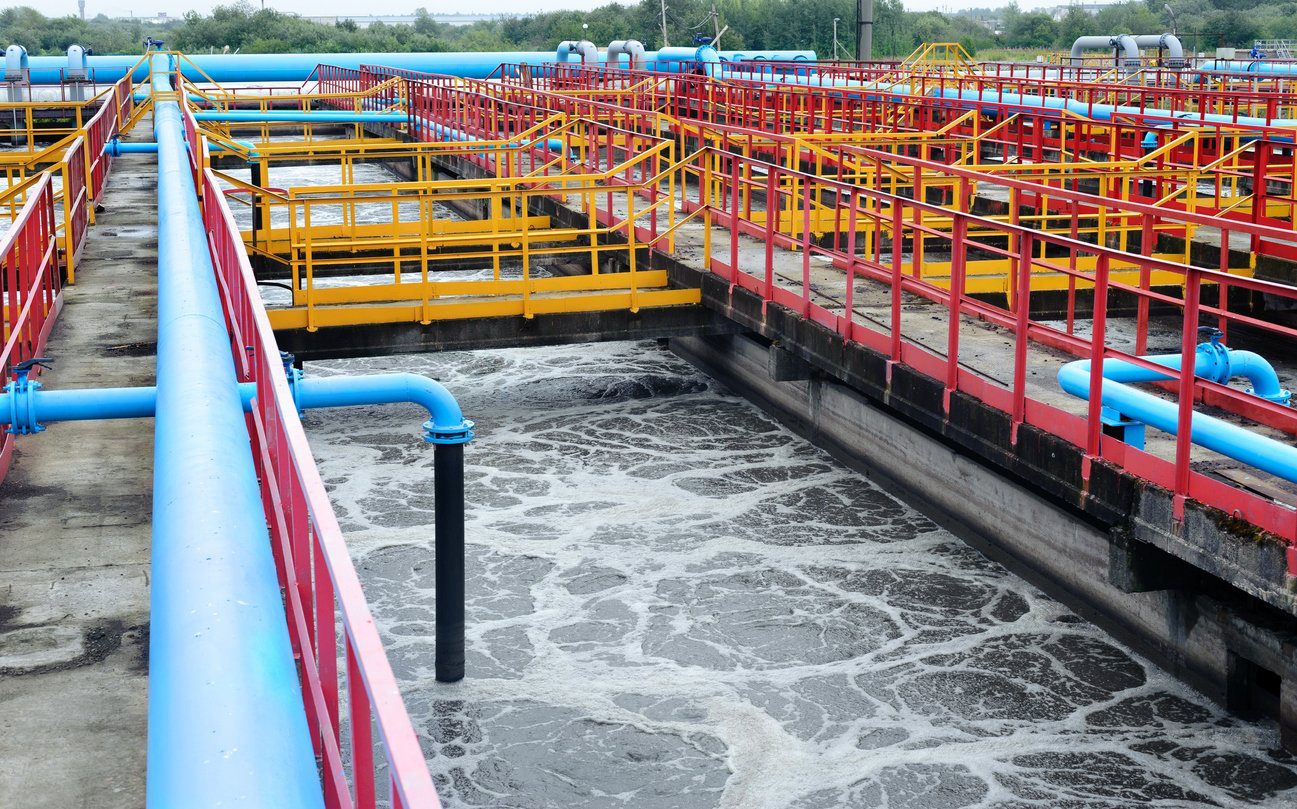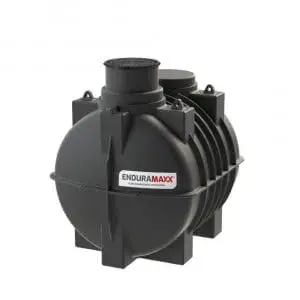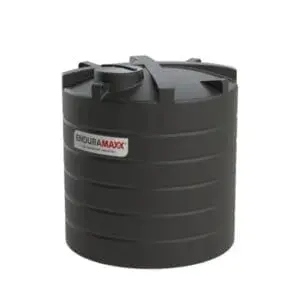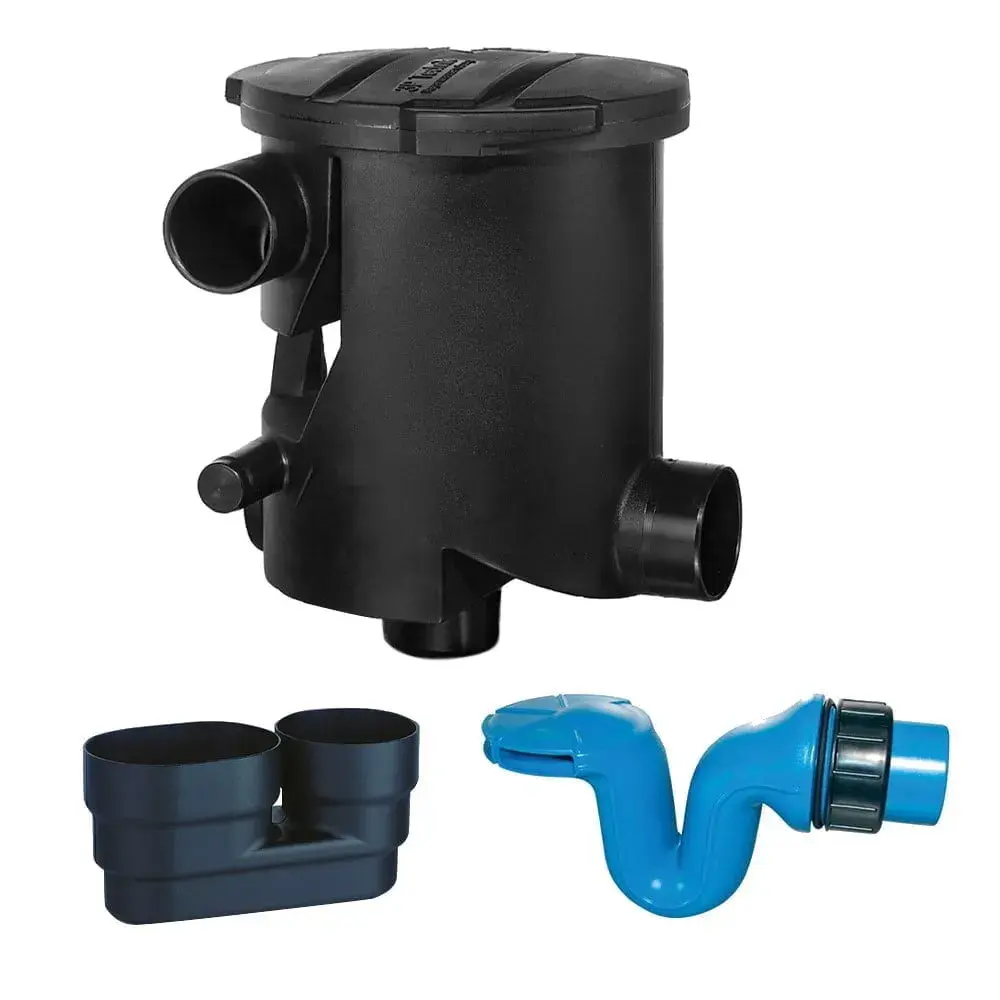
Flocculants play an important role in wastewater treatment. They are used in many industrial sectors to remove particles of waste matter suspended in water. This article examines what a flocculant is, how they are used to treat wastewater, and how these substances work.
What Is Flocculation and What Is a Flocculant?
Flocculation is the removal of sediment from a liquid. The term derives from floc, meaning flake. When we flocculate a solution, the particles suspended within it form into large flakes, making them more visible and easier to remove through filtration. Sometimes this process can occur naturally. However, it can also be initiated using physical processes together with flocculants.
A flocculant is a substance that causes the fine particles suspended in a solution to agglomerate and form a floc. The floc may then float to the surface, a process known as flotation, or sink to the bottom, which is called sedimentation. Either way, the waste matter can then be removed from the fluid storage unit more effectively.
Flocculants are available in different forms, charge densities and molecular weights. They may be inorganic or organic. Thanks to their ability to cause flocculation with a lower dosage, organic polymeric flocculants are the most commonly used in commercial water storage and treatment systems. However, these substances are not biodegradable. The focus is now moving towards eco-friendly biopolymers and solutions combining synthetic and natural polymers to create flocculants tailored to specific wastewater treatments.
What Industrial Sectors Require Wastewater Flocculation?
Flocculants are used primarily in the wastewater treatment sector for purposes such as the removal of solids, lime softening, water clarification, thickening sludge and dehydrating solid residues. Many other industries also use flocculant to treat process water and fluid by-products, including brewing, cheesemaking, civil engineering and biotechnology.
Flocculation has been used to purify water for thousands of years. For example, the Ancient Egyptians filtered river water for drinking using ground almonds. Today, flocculation followed by sedimentation is frequently used to purify drinking water for animals (further treatment may be needed for water intended for human consumption). This process is also applied to treat stormwater, sewage and industrial wastewater.
How Do Flocculants Work?
Depending on the chemical composition and charge of the solution to be separated, flocculants may be applied together with coagulants or on their own. Coagulants (or clotting agents) destabilise particles suspended in a solution and cause them to aggregate in clumps. Flocculants then join the particles to create flocs that either float to the surface or sink as sediment. The specific combination of coagulants and flocculants will vary according to the kind of materials to be removed from the wastewater and whether the water treatment facility uses a sedimentation or flotation process.
Which Tank Do I need?
At Enduramaxx, we provide a comprehensive range of high-quality plastic water treatment tanks, conical water treatment vessels and specialist flocculation tanks for water treatment systems. For specialist advice on which flocculant you need to treat your wastewater needs, please contact the flocculant supplier.
We will be happy to advise you on which type of tank you need as the specific combination of coagulants and flocculants will vary according to the kind of materials to be removed from the wastewater and whether the water treatment facility uses a sedimentation or flotation process.
Image Source: iStock
Posts By Topics
- Blog (303)
- Chemical Storage Tanks (118)
- Chemical Dosing Tanks (114)
- Chemical Tanks (114)
- Water Tanks (58)
- Rainwater Harvesting Tanks (43)
- Vertical Rainwater Tanks (31)
- Vertical Storage Tanks (31)
- Cone Bottom Tanks (19)
- Conical Cone Tanks (18)
- Rainwater Harvesting (17)
- Water Bowsers (15)
- Horizontal Tanks (14)
- Potable Water Tanks (13)
- Farming (9)
- Case Studies (8)
- Industrial Storage Tanks (7)
- Liquid Fertilser Storage Tanks (6)
- WRAS Approved Potable Tanks (6)
- Wine and Beer Production (6)
- Horizontal Transport Tanks (5)
- Microbrewery (5)
- Rainwater (5)
- Category 5 Break Tanks (4)
- Cider Production (4)
- Mixer Tanks (4)
- Molasses Tanks (4)
- Polyethylene tanks (4)
- Rainwater Filter Kits (4)
- SPECIALIST & BESPOKE TANKS (4)
- Bunded Tanks (3)
- Slimline Tanks (3)
- WRAS Approved (3)
- Clarification Tanks (2)
- Crosslinked Polymer Tanks (XLPE) (2)
- Fertiliser Tanks (2)
- Sump Tanks (2)
- Tank Installation (2)
- Water Butt (2)
- underground water tanks (2)
- ACCESSORIES & FITTINGS (1)
- ATV & UTV SPRAYING UNITS (1)
- Above Ground Effluent Tanks (1)
- Bespoke Tank Frames (1)
- Category 5 Turret (1)
- Caustic Soda Tanks (1)
- Closed Top Bunded Tanks (1)
- Craft beer (1)
- Effluent Tanks (1)
- Enduramaxx (1)
- Ferric Chloride Tanks (1)
- Fire Safety Regulations (1)
- Fire Sprinkler Water Storage Tanks (1)
- Industrial Water Tank (1)
- Open Top Bunded Tanks (1)
- Open Top Cone Tanks (1)
- Open Top Vertical Tanks (1)
- Polyethylene Potable Water Tanks (1)
- Polyvinylidene Fluoride (PVDF) Tanks (1)
- Polyvinylidene Fluoride Tanks (PVDF) (1)
- Pressure Washers (1)
- Pro Series Spot Sprayers (1)
- RWH (1)
- Sodium Hydroxide Storage Tanks (1)
- Sprayer Fill-up Tanks (1)
- Uncategorised (1)
- liquid fertiliser tank (1)
Sign up to the newsletter
enduramaxx.marketing
Related Posts
Recycling Wastewater in Stone Cutting - Enduramaxx Ltd
Recycling wastewater in the stone, marble & granite cutting industry makes sense as stone...
Industrial Wastewater Treatment Using Microalgae
Industrial wastewater treatment using microalgae wastewater treatment systems can remove heavy...
How to waste less water? | Enduramaxx - Manufacturers of Polyethylene Tanks
Water is a precious commodity that most of us take for granted. Wastewater, or wasted water, is...
Related Products
From £1,080.00 inc. VAT
£900.00 exc. VAT
From £1,344.00 inc. VAT
£1,120.00 exc. VAT
From £768.00 inc. VAT
£640.00 exc. VAT
£480.00 inc. VAT
£400.00 exc. VAT






